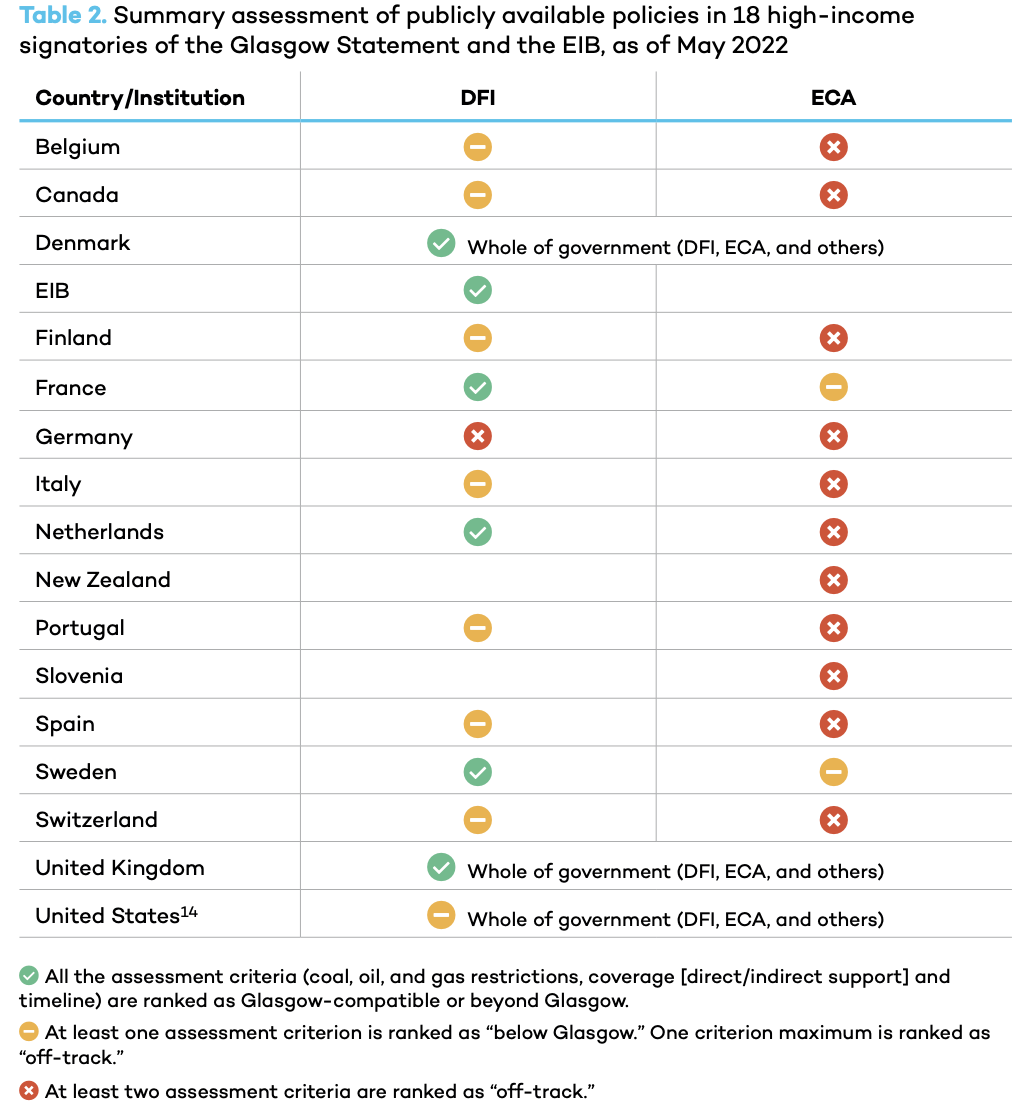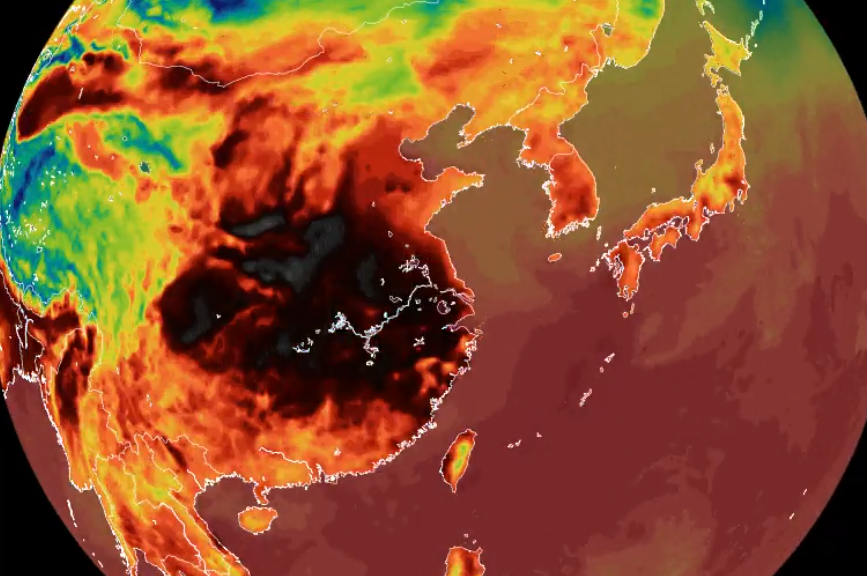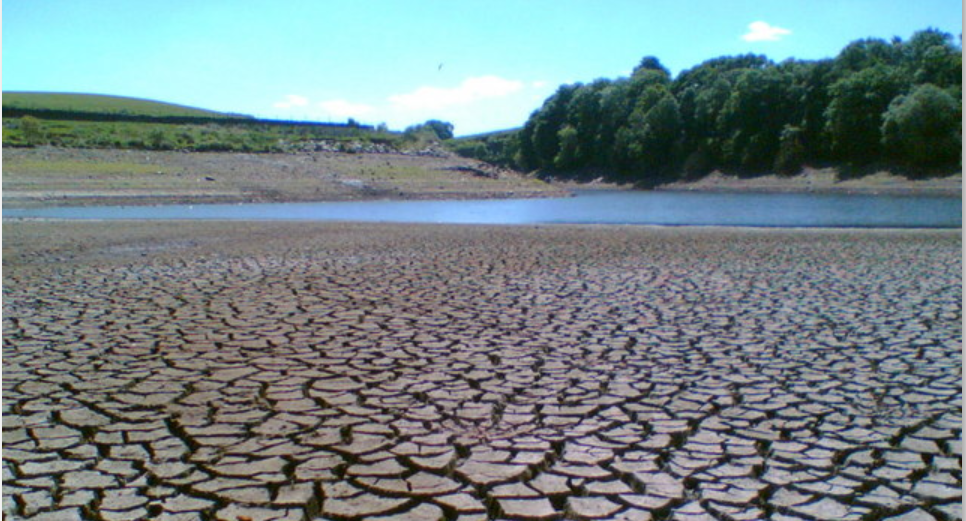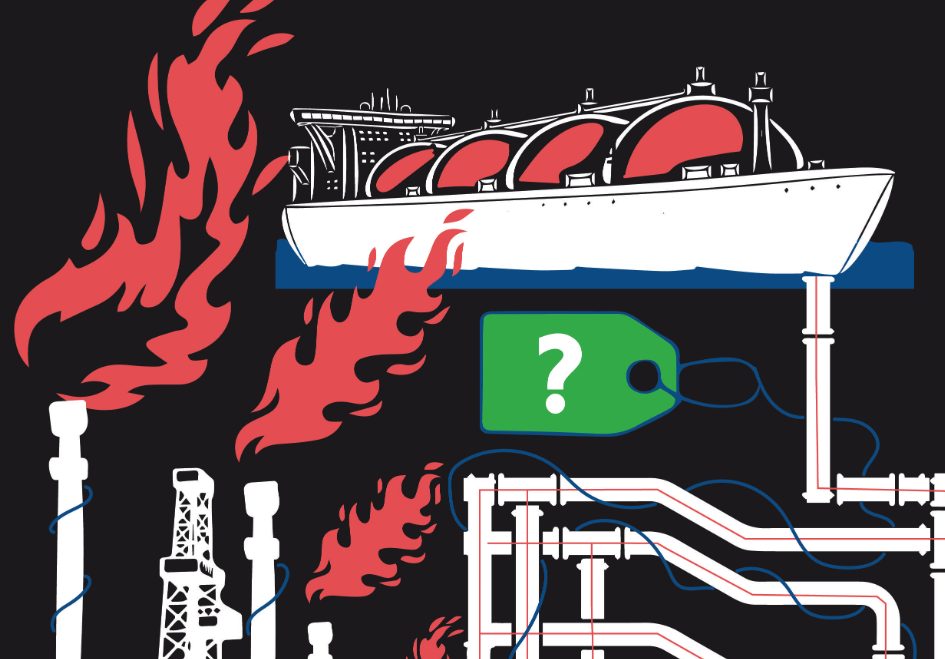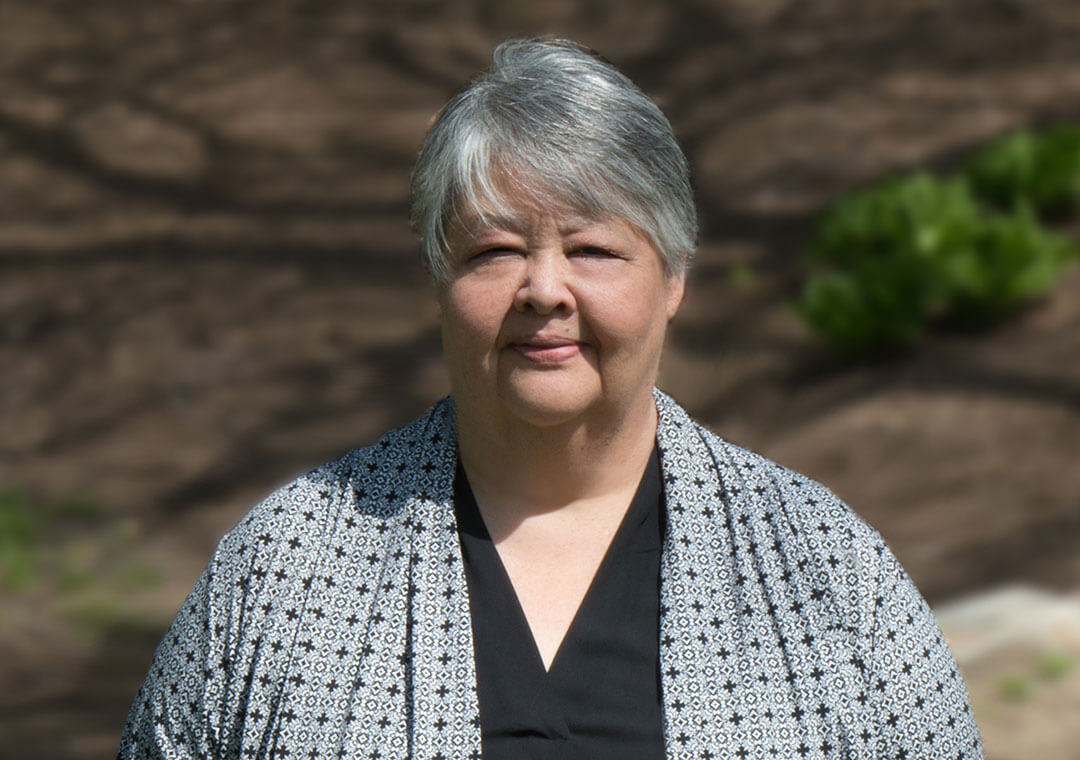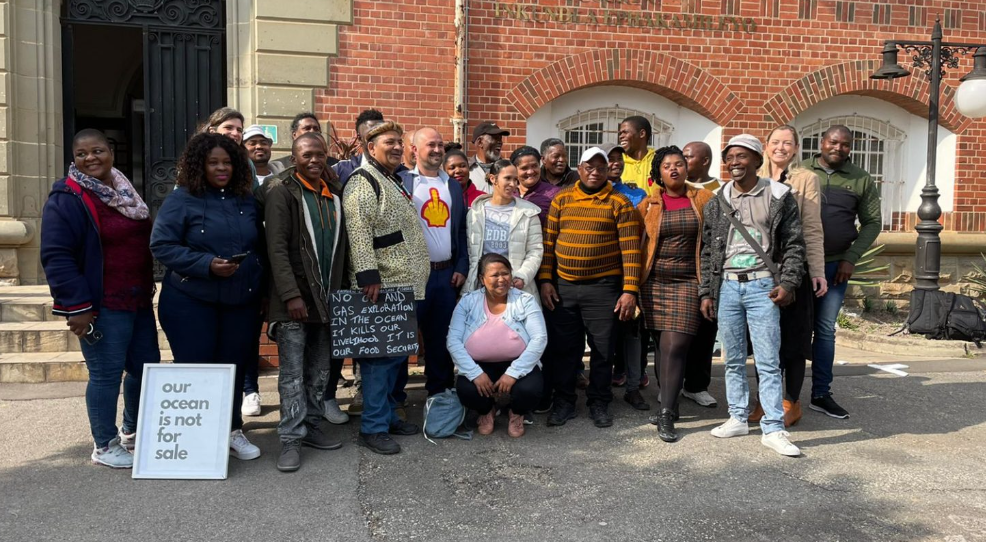
“Victory for the planet” as South African court quashes Shell’s exploration licence
The history of Shell on the African continent is wrapped in a vortex of controversy that stretches back decades. However, last week, in a significant victory, a High Court in South Africa ruled that Shell’s exploration right to conduct seismic surveys on the so-called “Wild Coast” of the country was granted unlawfully.


